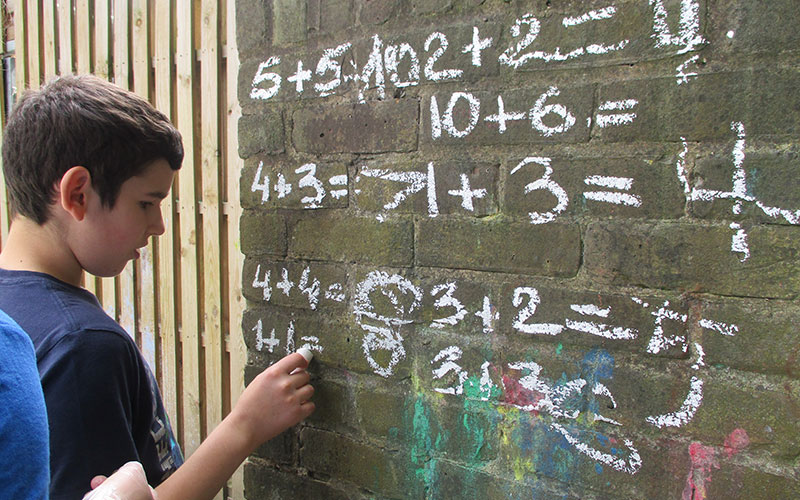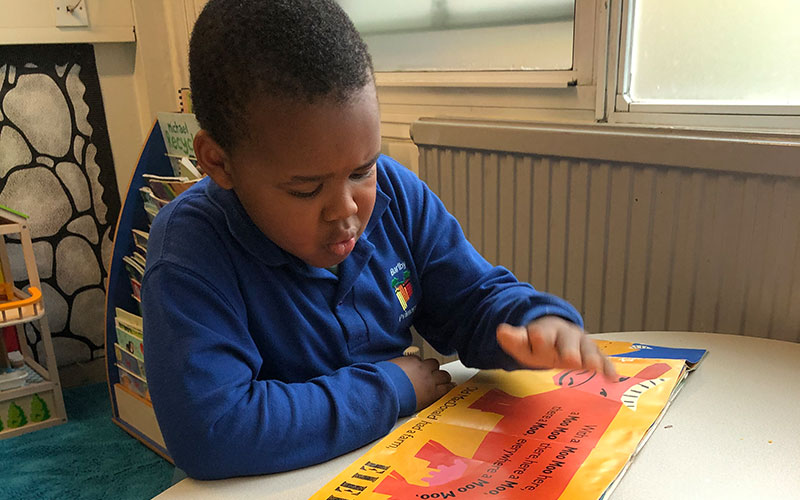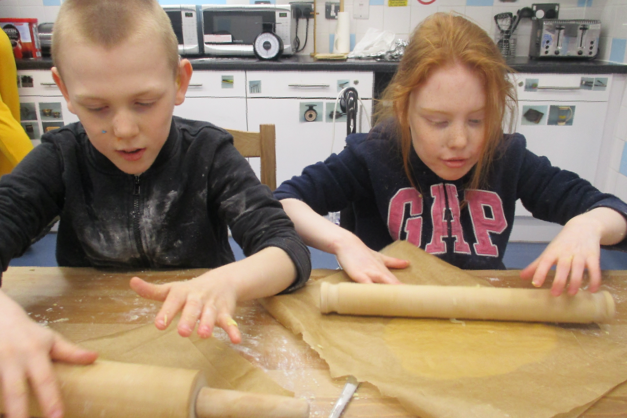5-7 years
Key stage 1
Facts and figures
7
10
50
1
Overview
By the age of around five or six, your child typically acquire the core foundations of language and recognise a full range of sounds (such as th). Now at school, your child will likely demonstrate advanced behaviours imperative to speech development, such as the ability to listen, ask for help and follow multi-part instructions.
You may notice your child begins to use language to emotionally regulate and form longer sentences using words such as ‘so’ and ‘then’. At this stage it’s typical for children to flex their language skills to compare words with similar sounds (e.g. hi and high), ask questions and begin to add more complexity to their vocabulary.

Advice
Help & support


Resources
Discover our range of free online speech, language and communication resources offering tips and resources you can easily apply with your child at home.

Events
Advance your speech, language and communication knowledge, with a professional course or qualification.


